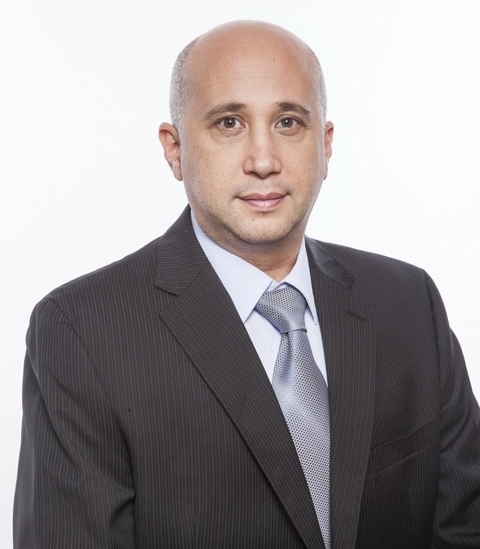02.08.17
Data explosion and ageing population meet in the hospital
 Eran David, chief technology officer of iMDsoft, talks about how current trends may affect healthcare trust operations in the future.
Eran David, chief technology officer of iMDsoft, talks about how current trends may affect healthcare trust operations in the future.
It is breathtaking to read the statistics highlighting the sheer growth of data that is being captured globally. For example, every two days we create as much information as we did from the beginning of time until 2003; over 90% of all the data in the world was created over the past two years; if we burn all the data created in just one day onto CD-ROMs we could stack them on top of each other and reach the moon twice.
Although traditionally the healthcare industry has lagged behind other industries in implementing technology, there is no reason to think that it will not embrace this trend of data explosion. We are seeing new medical devices collecting high-resolution data being introduced to the market and wearable devices promising disruptive breakthroughs. This year there will be over 1.2 billon smartphones in the world which are stuffed full of sensors and data collection features.
Another trend that has been already discussed at length is that of the ageing population. The world is getting older, especially in developed countries. Within 20 years, many countries in Europe will count citizens over 65 as their largest population cohort. By contrast, the number of hospital beds is increasing at a very slow rate. In fact, according to the NHS, over the past three decades, the number of hospital beds has been steadily declining.
The net result of these two trends converging is that hospitals in the future will have to operate like intensive care units operate today. Patients who will be admitted to general and acute wards are likely to be sicker than in the past and will require constant monitoring. The type of decision support tools that are being used in critical care, like smart alerts, automatic scores and fluid balance calculation, will have to find their way to the general wards.
Hospitals need to prepare for what is coming: high-resolution data being captured and analysed on a near real-time basis, from numerous and diverse data sources.
There is also going to be a push to tap into data collected outside the hospital from community and personal data repositories, as the information that can be extracted from these sources can be critical to the care of the patient. This information is valuable for a variety of purposes including predictive analysis, research, preventive medicine, continuum of care from community and more.
Here are a few things that hospital chief information officers should be thinking of today in order to prepare their organisation for this inevitable future:
- Ensure that your electronic patient record has the ability to deal with high-resolution data, both in terms of storage and compute. If this functionality doesn’t exist today, it should at least be on the vendor roadmap
- Address device connectivity as a strategy – it shouldn’t be an isolated solution for a particular ward or specific device
- Separate between clinical data repositories (CDRs) and applications. This approach will help provide accessibility to the data necessary for various utilities (e.g. predictive algorithms, evidence-based medicine and research). A CDR must provide a common and secure interface for accessing its data (e.g. FHIR). It is OK for a system to provide both CDR and end user functionality, as long as its primary role is that of master of the data
There is no question that grappling with the plethora of data out there today presents some short-term pain. I firmly believe, however, that with the right approach, hospitals can capitalise on the advances in clinical information management in order to realise high-impact clinical, financial and operational results.
FOR MORE INFORMATION
E: [email protected]
W: www.imd-soft.co.uk